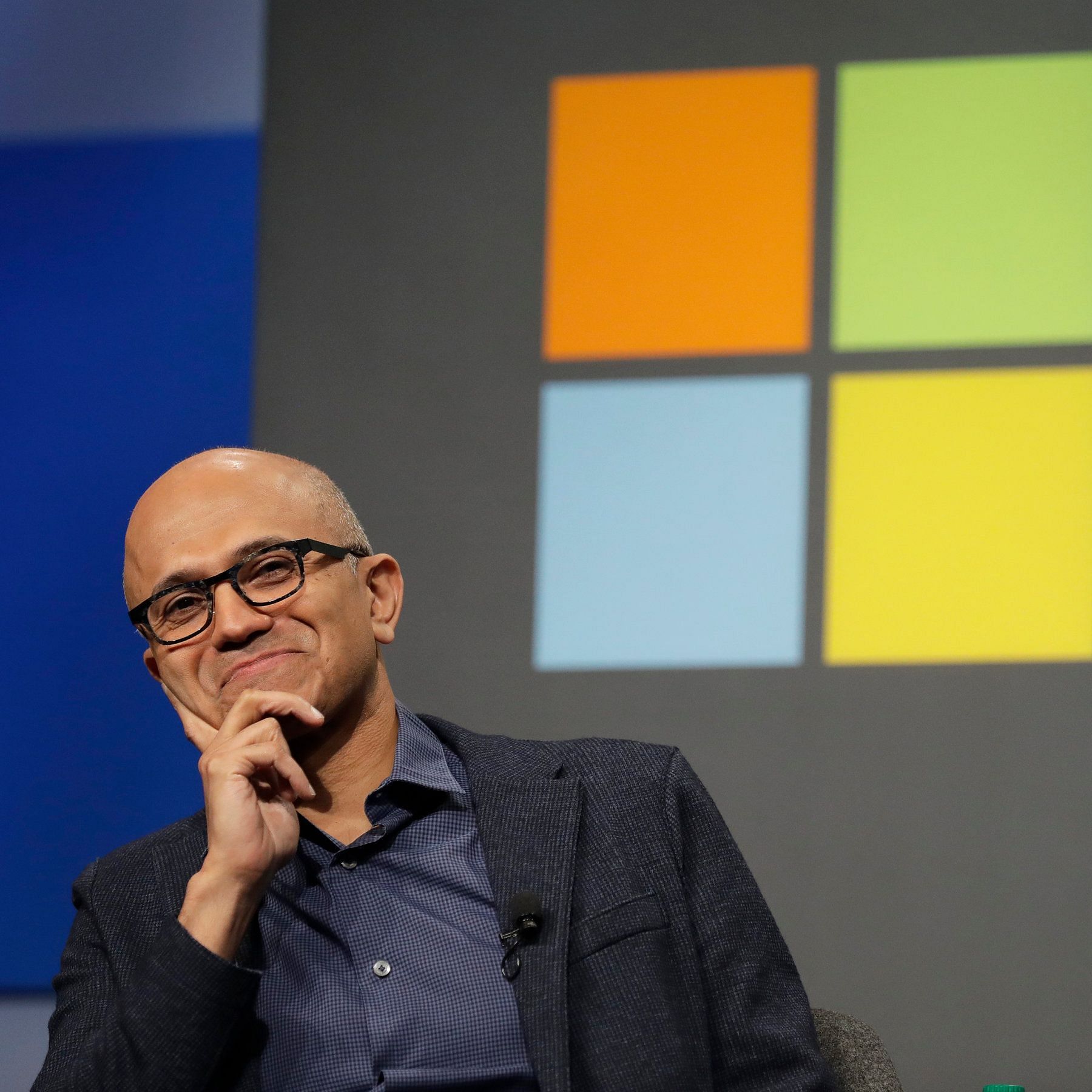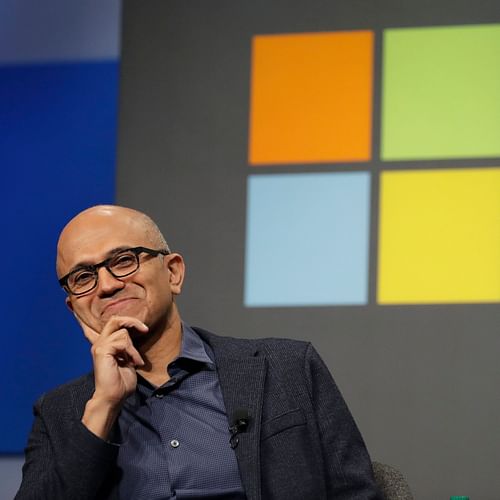
Microsoft set to become third-largest gaming company after Activision Blizzard deal

In a groundbreaking announcement on Tuesday, Microsoft revealed that it is buying gaming giant Activision Blizzard, the creator of massively popular titles like Call of Duty and Warcraft. As per reports, the acquisition is a mammoth $68.7 billion all-cash deal.
Set to be the biggest acquisition for Microsoft after it bought LinkedIn for $26 billion, it would also be the biggest US tech deal ever, eclipsing the Dell-EMC merger in 2016 worth $67 billion, as reported by CNBC.
The value of the deal means that Microsoft will be paying around $95 per share, which will place the tech giant squarely as the third-largest gaming company by revenue in the world, behind only Tencent and Sony.
"Gaming is the most dynamic and exciting category in entertainment across all platforms today and will play a key role in the development of metaverse platforms," said Satya Nadella, Chairman and CEO, Microsoft. "We’re investing deeply in world-class content, community and the cloud to usher in a new era of gaming that puts players and creators first and makes gaming safe, inclusive and accessible to all."
Microsoft-Activision Blizzard deal: A game of proportions and stock market reactions
While this is a sizable deal, the value is a smaller proportion of about 3% of Microsoft’s current market capitalization, $2.3 trillion. In contrast, Microsoft's LinkedIn deal amounted to 6.5% of its $400 billion market cap.
Further, the Activision Blizzard acquisition is one that Microsoft can definitely afford, given that it is sitting on $130 billion in cash and equivalents, with 85% of that tied to short-term investments, as of September 30. Also, while their buying price includes a 45% premium over Activision’s closing share price from Friday, Microsoft investors did not seem particularly troubled. This was evident in the tech giant’s stock falling by just 2.4% on Tuesday on what was seen as a generally down day for US tech stocks.
Meanwhile, in response to this announcement, Activision shares jumped about 37% in pre-market trading before news of the deal first appeared in the Wall Street Journal. At the same time, shares of rival Sony, famous for its PlayStation consoles, tumbled about 13% after this news, wiping off $20 billion from its valuation in one go.
The deal comes on the back of supercharged growth in the gaming industry as Microsoft seeks to bolster its mobile, PC, console, and cloud gaming beyond XBox and its existing Game Pass subscription service. The acquisition also signals Big Tech’s seriousness about the metaverse.
The announcement comes at a time when Activision has been mired in accusations ranging from gender discrimination to fostering a culture of sexual harassment. Bobby Kotick, the much-criticised CEO of Activision Blizzard, will stay on board during the transition, with the Activision business reporting to Microsoft Gaming boss Phil Spencer once the deal goes through.
The Activision CEO, who has faced recent calls to resign over the company’s culture issues, is also set to make $375 million from the sale, as reported in Bloomberg Businessweek.
Focusing on the future
Both Microsoft and Activision focused on the present while announcing the deal, and highlighted Activision’s strength in mobile gaming as well as the opportunity to cross-promote popular gaming franchises like Microsoft’s Halo and Activision’s World of Warcraft.
“The last two years in particular have shown how critical games are to helping people maintain a sense of community and belonging, even when they are apart,” Nadella said on a conference call Tuesday morning following the announcement of the deal.
Microsoft still has to win approval from Activision’s shareholders, and more importantly, from regulators. But this bold move can clearly be construed as a case of Microsoft taking advantage of an environment where other tech giants like Amazon, Apple, Facebook, and Google are under regulatory scrutiny and thus unable to go after a major acquisition of this nature.
The entire acquisition process is expected to be completed in fiscal year 2023 by Microsoft.